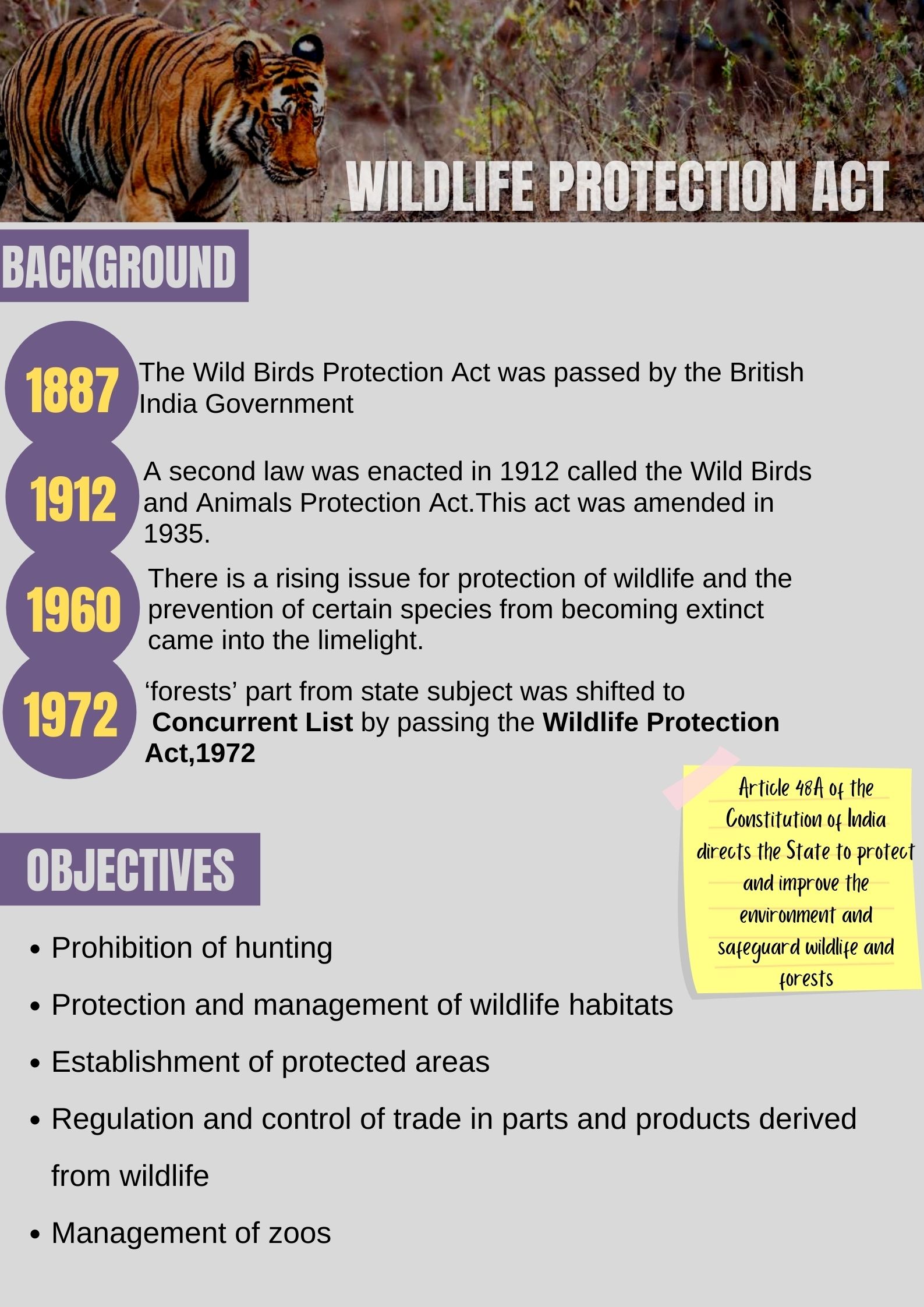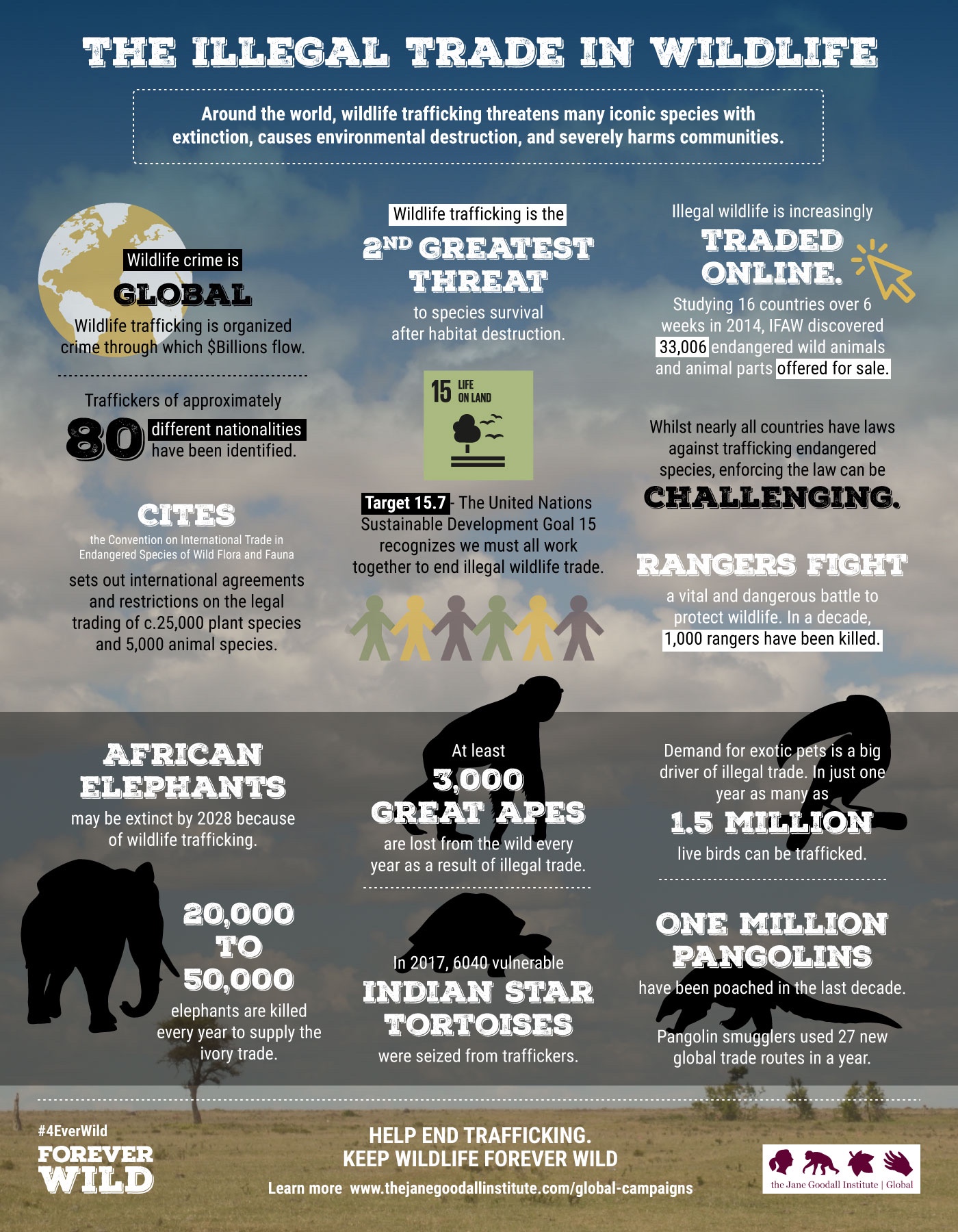It was just last month that three elephants were mowed down in a sleepy suburb of Tamil Nadu, by a fast-moving train, including a pregnant one whose calf was surgically removed during post-mortem.
While the driver and his assistant were questioned, the forest department has called to take appropriate action under the Wildlife Protection Act if the Express train would have violated the prescribed speed limits for that particular area.
Anyways, it is a set of certain classic laws that help us to ensure fair delivery of justice when it comes to a reasonable amount of injustice done to Nature and its beings, apart from humans.
WPA has been one such landmark law in a country like India, where it is difficult to even impose human rights. But there is an amendment on the way.
The Wild Life (Protection) Amendment Bill, 2021, has been brought forth by the Minister for Environment, Forest and Climate Change Bhupender Yadav amidst greater ruckus in the Parliament.
Introduced first in Lok Sabha, it tends to undertake better management within the protected areas and rationalization of schedules (1 and 2, like categories to segregate animals based on the need), listing out diverse species under the Wild Life (Protection) Act, 1972.
The introduced bill explains how: “The Wildlife Act broadly has two classes of animals, that is to say, (a) species listed in Schedule I and Part II of Schedule II; and (b) species listed in Part I of Schedule II, Schedule III, and Schedule IV”.
The classification of animals in the two scheduled determine their protection and charged penalties in case of any crime committed to harm them.
Why has there been such a need to reduce the schedules?
“Since the Act essentially has only these two levels of protection for animals, the segregation of protected animals or species in four schedules may not be appropriate and may cause confusion and be difficult for the public to understand.”
“Therefore, it is proposed to rationalize and amend the schedules” from six to four.
What else will be mended through amendments in the run?
Invasive Species:
The non-native species that cause the inability for the local ones to grow or prosper, infamously called Invasive alien species have caused a great nuisance for farms and even forest lands especially to endemic species in dense forests like the Western Ghats.
These are also to be tended under Biological diversity (amendment) Bill 2021.
State Board of Wildlife Standing Committees:
The state board for wildlife will be allowed to constitute standing committees for taking these laws further and function like counterparts to the National Board for Wildlife (NBWL).
NBWL monitors the protected areas on the country level and awards permissions or denial to several projects, depending on their threat to wildlife.
Till now, most of the states have their State Wildlife Boards falling under the responsibility of respective Chief Ministers, and therefore, remain neglected in preference.
With the stated change, Standing Committees will be able to make their own decisions on wildlife management and projects, without engaging in NBWL per case.
Legal transport and trade in animals:
Insertion of a new section 42A, to be read along with Section 39, will guide about the surrender of wild animals and allied products.
There is also a provision for the transfer or transport of live elephants by an individual citizen but only in case of producing the concerned ownership certificate (as prescribed by the central government).
A new Chapter VB will also be added to the principal Act for regulating the international trade dealing with wild endangered species of fauna as well as flora.
These guidelines of trade are also clearly specified for all nations being party to the Convention on International Trade in Endangered Species of Wild Fauna and Flora (CITES).
As India has signed and ratified CITES in 1976, it is required to take due measures in order to enforce the global guidelines.
This demand has been long due (25 years) and there is a threat of India being blacklisted by CITES again.
It is a concern because if a second blacklisting comes in, India will not be able to trade in important plant specimens, that makes up the livelihoods of a large section of Indian society.




